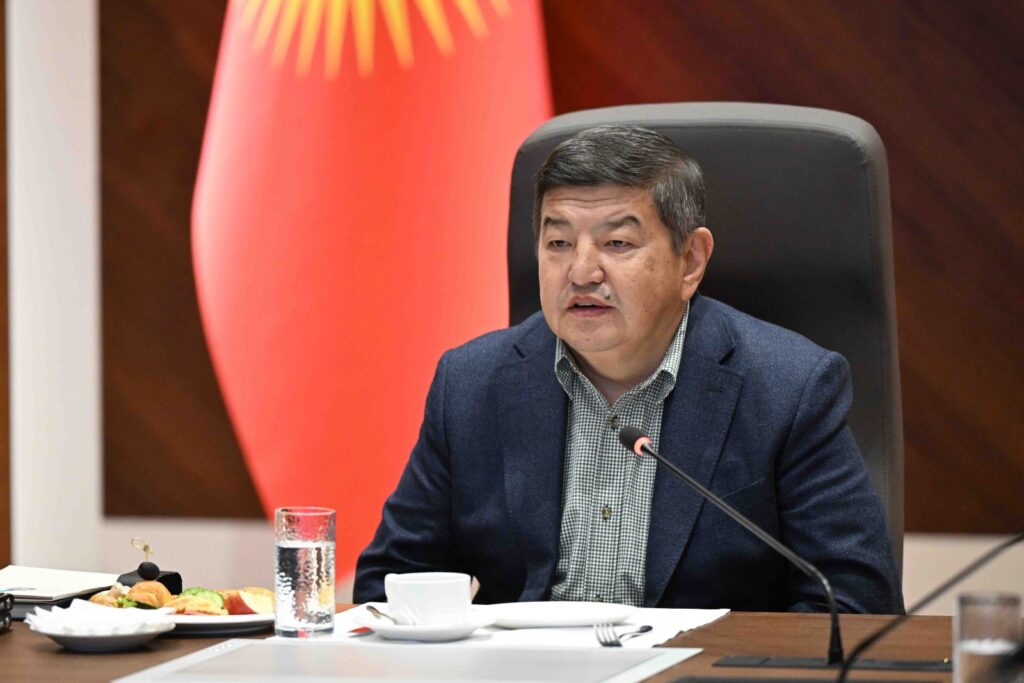Kazakhstan Leads Central Asia in AI Readiness
According to IMF data analyzed by Ranking.kz, Kazakhstan ranks as the leading Central Asian country in global artificial intelligence (AI) readiness, while Uzbekistan and Tajikistan are at the bottom of the regional standings. The AI readiness index, which covers 174 countries, evaluates factors such as digital infrastructure, human capital, technological innovation, and legal regulation. It draws on data from the World Bank, the International Labor Organization, and other sources. Kazakhstan ranks within the top 50 countries for AI readiness, holding 48th place with an index score of 0.55, just behind Russia, which ranks 47th. McKinsey & Company has noted Kazakhstan’s use of AI to enhance public services, particularly through geographic information systems and spatial data. For instance, Kazakhstan has employed a statistical model that integrates geographic, demographic, and economic data to assess infrastructure needs across 6,293 villages, identifying 3,500 villages with the highest potential to cover 90% of the rural population. This approach enables the government to deliver essential services and infrastructure more effectively to rural areas. Following Kazakhstan in 48th place, with a noticeable gap, is Kyrgyzstan (99th with 0.43). Tajikistan ranks 123rd with an index of 0.37, and neighboring Uzbekistan is in 131st place with an index of 0.35, placing it last among Central Asian and EAEU countries. Turkmenistan was not included in the IMF index.






